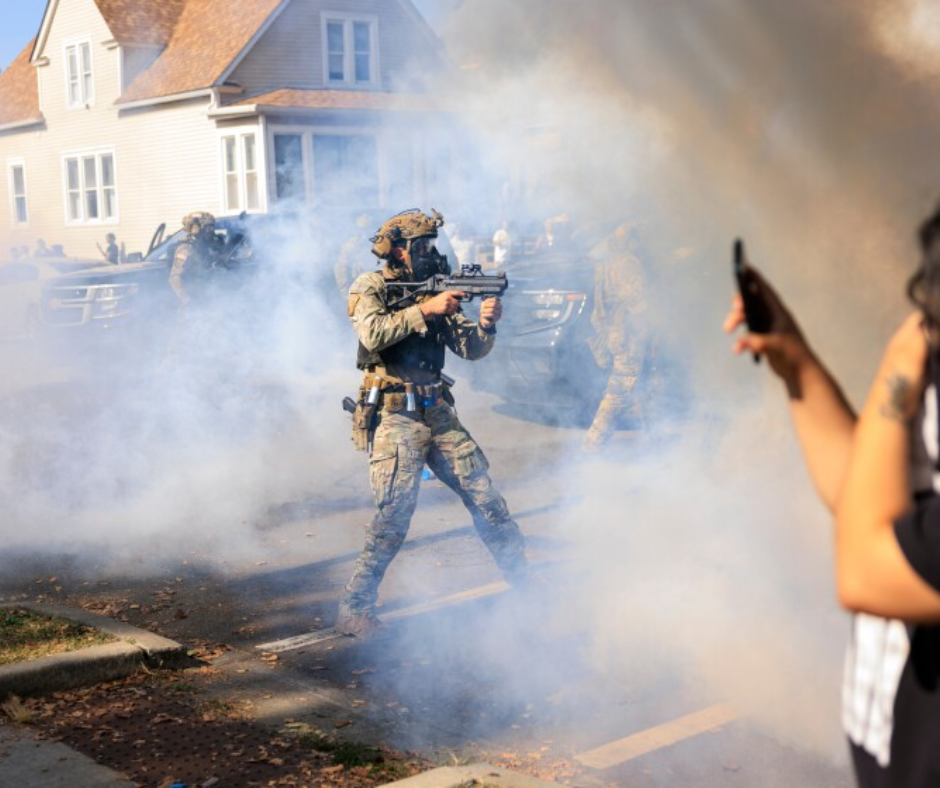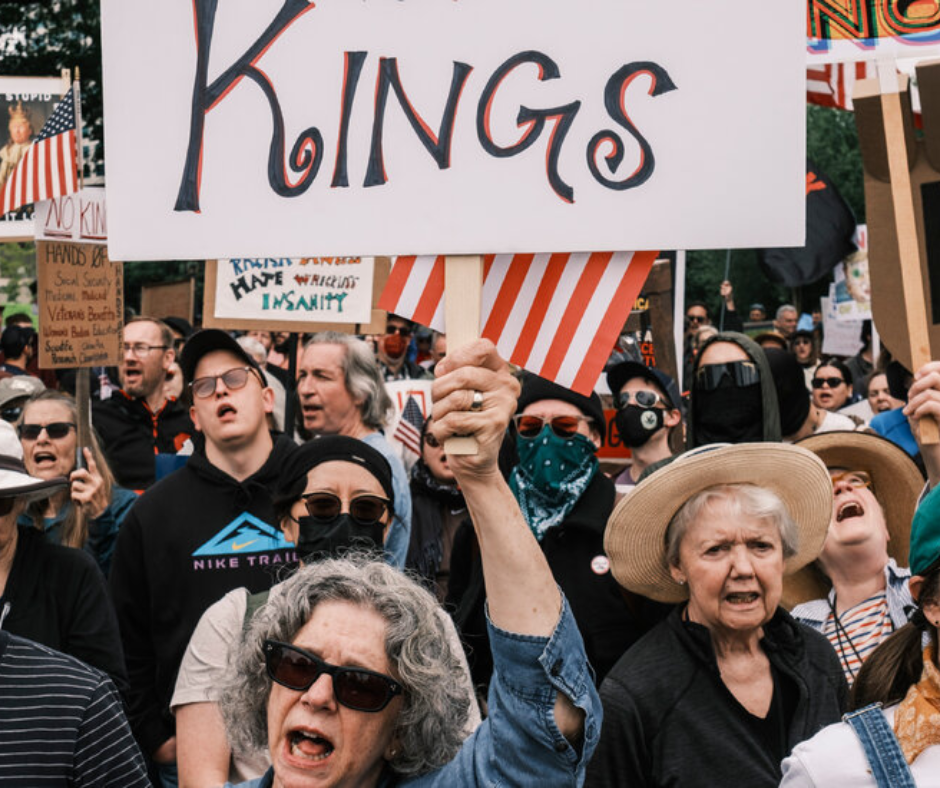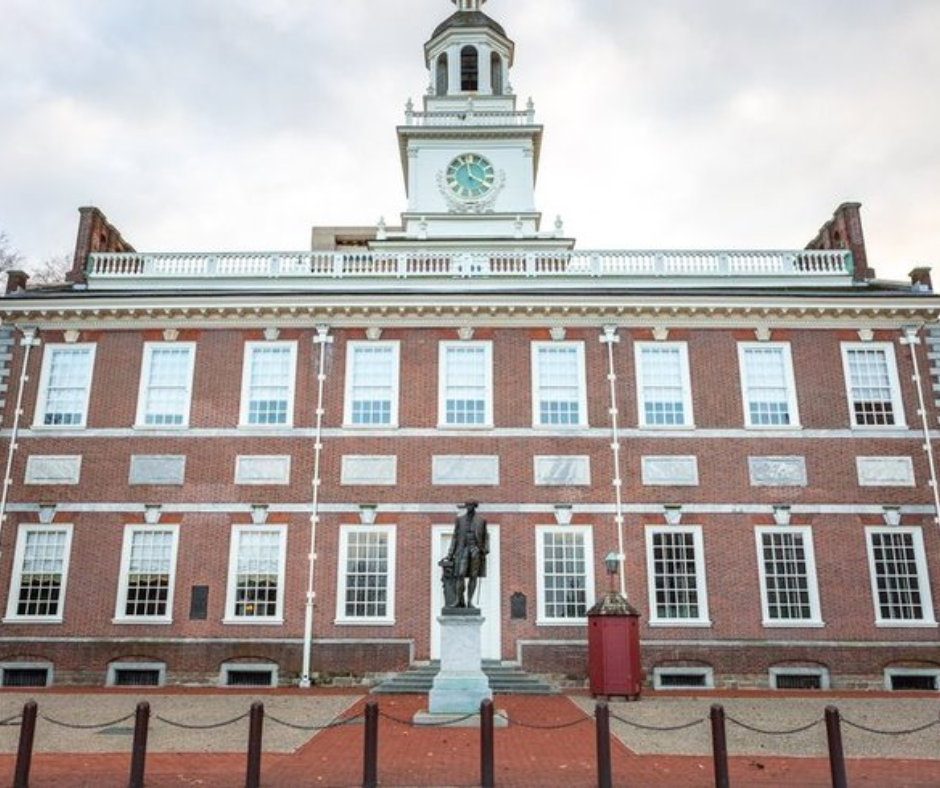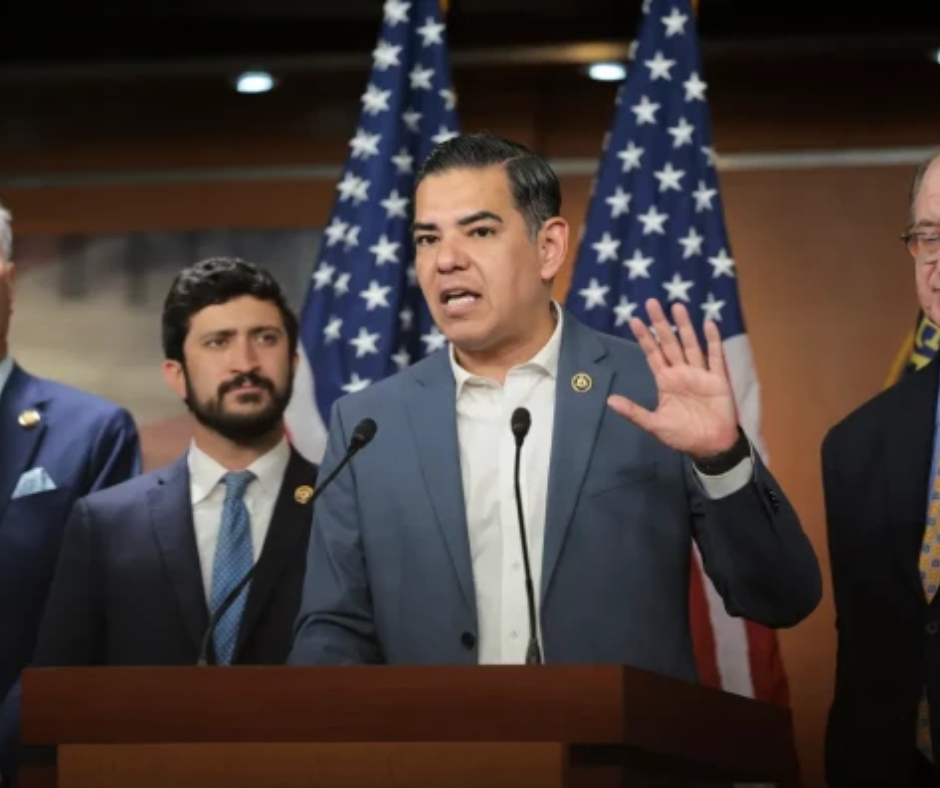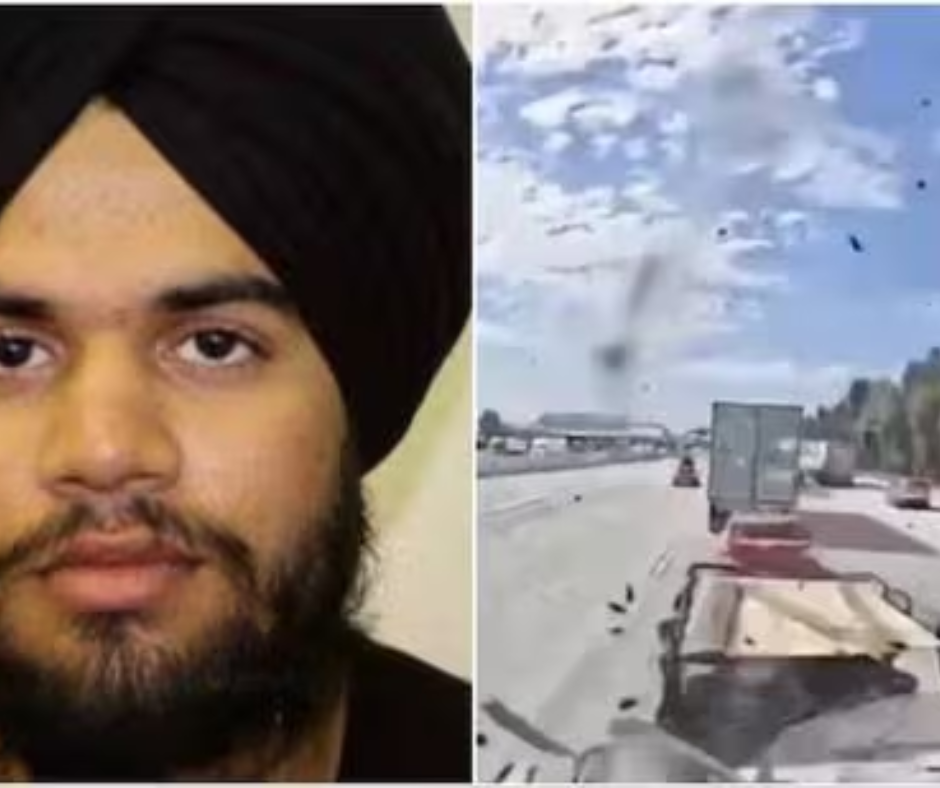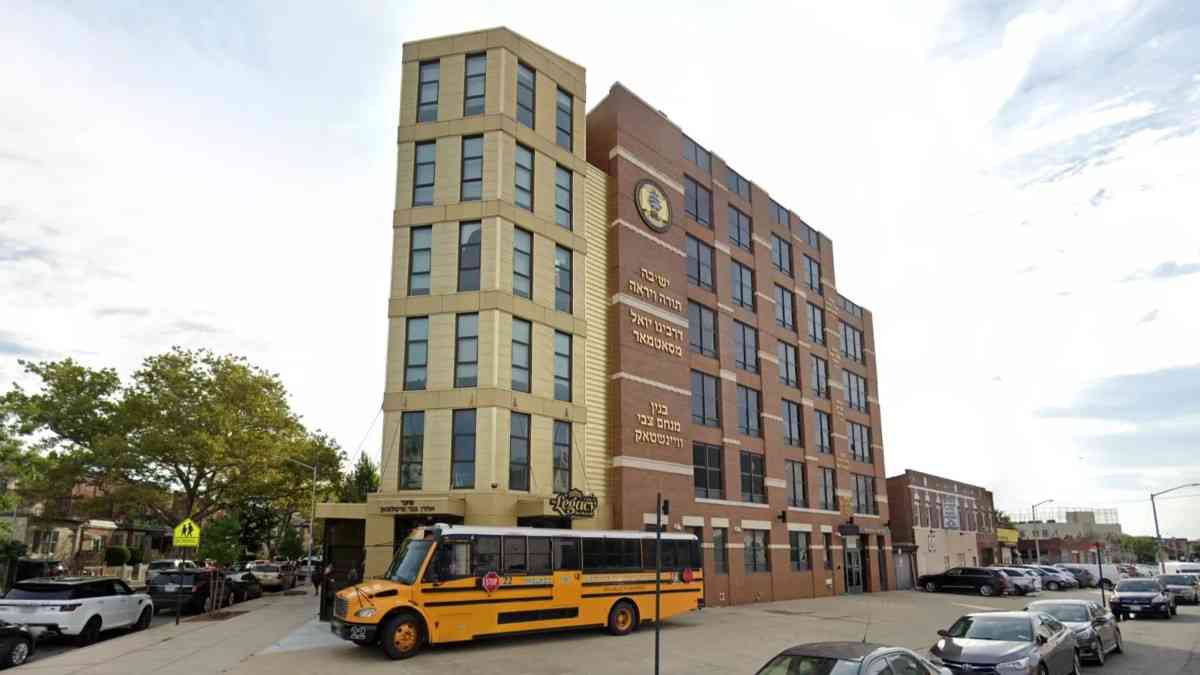
In a move stirring both applause and alarm, three Brooklyn yeshivas—accused of sidestepping New York’s basic education standards—have secured a temporary shield from state enforcement. A state judge’s restraining order now halts official actions, despite claims that these schools long withheld essential subjects like English, math, and science. At the heart of the storm lie recent legal shifts, budget amendments, and fierce debate over government oversight in religious education. While defenders praise the pause as fair, critics warn of lasting harm to young minds left without tools for the modern world.
🟦 STORY HIGHLIGHTS
-
Three Brooklyn yeshivas found noncompliant with state academic standards
-
NYSED says schools failed to teach English, math, science, or social studies
-
Judge halts enforcement after new state budget law creates legal ambiguity
-
Education officials express concern over continued public funding to noncompliant institutions
-
Reform advocates worry about long-term impact on students’ basic life skills
In a development that underscores the long-standing tensions between government oversight and religious education, a state judge has paused enforcement measures against three Brooklyn yeshivas that were previously found to be in violation of New York’s basic educational standards.
The ruling, issued by Justice Denise Hartman of an Albany-based trial court, comes in the form of a temporary restraining order. It puts a hold on the New York State Education Department’s (NYSED) final determinations and their enforcement regarding three ultra-Orthodox Jewish institutions: Yeshiva Mosdos Chasidei Square Boro Park, Yeshiva Mosdos Chasidei Square of Williamsburg, and Yeshiva Torah V’Yirah Bais Rochel.
This legal intervention arises amidst an increasingly complex debate over how much regulatory control the state should exercise over private and religious schools — a conversation that has spanned years and generated considerable political and public attention.
The Education Department had previously accused these institutions of failing to provide even the most basic instruction in subjects such as English language arts, math, science, and social studies — requirements laid out under state law to ensure students receive a well-rounded education.
“They have expressed no intention of providing an instructional program that offers basic education in English language arts, math, science, or social studies,”
said JP O’Hare, a spokesperson for the department.
According to the department, these yeshivas had resisted cooperation for nearly a decade, ever since the agency began its initiative to monitor the quality of education offered in non-public institutions. Officials contend that the schools in question have continued to operate in defiance of the law while still receiving public and federal funding — a situation they argue undermines accountability.
“This lawsuit, fueled by the 2025 budget amendments, will reward these bad faith actors,”
O’Hare continued,
“allowing them to collect federal and State money without any oversight.”
The situation escalated earlier this year when six yeshivas — including the three currently under the court’s protective order — were informed by NYSED that they had effectively lost their legal status as schools. Families associated with these institutions were advised to seek alternative educational arrangements to comply with the state’s compulsory education requirements. At the same time, the schools themselves were set to lose access to public funds.
However, in a dramatic turn of events, the resulting backlash from parts of the community — including religious leaders and political figures — led Governor Kathy Hochul and the New York State Legislature to revisit the issue during budget negotiations.
In May, changes were adopted as part of the state’s annual budget, offering religious schools more time and additional pathways to demonstrate compliance with the law.
While these amendments introduced some flexibility for yeshivas and other religious institutions, they also created legal uncertainty. Education Department officials, in internal memos and court filings, argued that because their final determinations were made prior to the budget changes, the affected yeshivas could not retroactively benefit from the new law.
Attorney Steven Barshov, representing the yeshivas, strongly disagreed with that interpretation.
“[Families who] have developed relationships with the yeshivas and staff that go for a number of years… are grateful to the court for issuing a temporary restraining order,”
Barshov said.
“They are hopeful the court will follow through with both a preliminary injunction and an ultimate ruling in their favor — because that gives them certainty.”
The case, while focused on just three schools, reflects broader questions about the future of state oversight in religious education — particularly within the ultra-Orthodox community, where yeshivas often emphasize religious studies over secular instruction.
For education reform advocates, the court’s decision has raised serious alarms. Groups like Young Advocates for Fair Education (Yaffed), which has pushed for improved secular education in yeshivas, fear that the temporary order may undermine hard-won efforts to ensure educational equity.
“NYSED’s actions were a last resort after having exhausted all other efforts over the course of years,”
said Adina Mermelstein Konikoff, executive director of Yaffed.
“They are necessary to guarantee the right of children to a sound, basic education.”
Konikoff added that a continued lack of enforcement could have lasting consequences.
“We cannot allow another generation of children to exit the school system without the skills they need to thrive in today’s world,”
she warned.
As the case moves forward, the education community, lawmakers, and religious institutions alike are watching closely. While the court has not yet issued a final ruling, the restraining order signals that the debate over educational oversight in New York’s religious schools is far from over.
Governor Hochul’s office has yet to comment on the matter. A further court hearing is expected to determine whether the restraining order will evolve into a longer-term injunction — one that could reshape the way the state enforces its education laws on religious schools moving forward.
The court’s temporary restraining order may offer short-term relief to the three Brooklyn yeshivas, but it also deepens a growing legal and moral debate over the limits of state oversight in religious education. As legal interpretations clash and political tensions rise, the future of these institutions—and the students within them—hangs in a delicate balance. While some view the ruling as a necessary defense of religious freedom, others see it as a troubling delay in ensuring every child receives a basic, essential education. The next court decision may chart the true course forward.
We appreciate you taking the time to read our most recent article! We appreciate your opinions and would be delighted to hear them. We value your opinions as we work hard to make improvements and deliver material that you find interesting.
Post a Comment:
In the space provided for comments below, please share your ideas, opinions, and suggestions. We can better understand your interests thanks to your input, which also guarantees that the material we offer will appeal to you. Get in Direct Contact with Us: Please use our “Contact Us” form if you would like to speak with us or if you have any special questions. We are open to questions, collaborations, and, of course, criticism. To fill out our contact form, click this link.
Stay Connected:
Don’t miss out on future updates and articles.

